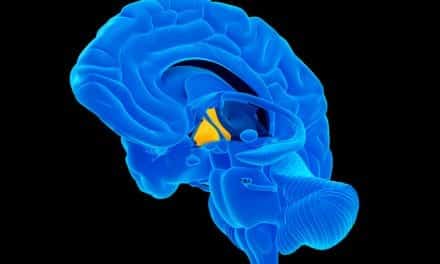Tasimelteon, an oral compound in Phase III development for non-24 hour sleep-wake disorder, had a significantly higher rate of re-synchronization of the body clock as compared to patients who received a placebo, a multicenter study finds. The re-synchronization, in turn, led to an increase in night-time sleep, a reduction in day-time sleep, and greater improvement in overall symptoms as rated by the patients’ clinicians. During the course of the study, tasimelteon was safe and well-tolerated.
“Tasimelteon addresses the root cause of this disorder by resetting the circadian clock in the brain,” said the study’s lead author Steven W. Lockley, PhD, a neuroscientist at Brigham and Women’s Hospital and associate professor at Harvard Medical School in Boston. “The medication is able to replace the time cue usually provided by light and synchronize the circadian clock in totally blind people. None of the traditional medications used to treat sleep disorders or sleepiness have this ability and therefore tasimelteon has the potential to be the first circadian regulator approved by the Food and Drug Administration for the treatment of Non-24 Hour Sleep-Wake Disorder in the blind.”
The 26-week study participants included 84 patients from 34 medical centers in the United States and Germany. They were between the ages of 18 and 75 years, and 40% were female. All participants exhibited disordered sleeping patterns related to total blindness.
The effect of the drug on the timing of the body clock was assessed from the rhythms of melatonin and cortisol measured in urine samples, in addition to obtaining information about sleep patterns and feelings of well-being.
The results were presented Monday at The Endocrine Society’s Annual Meeting in San Francisco.



